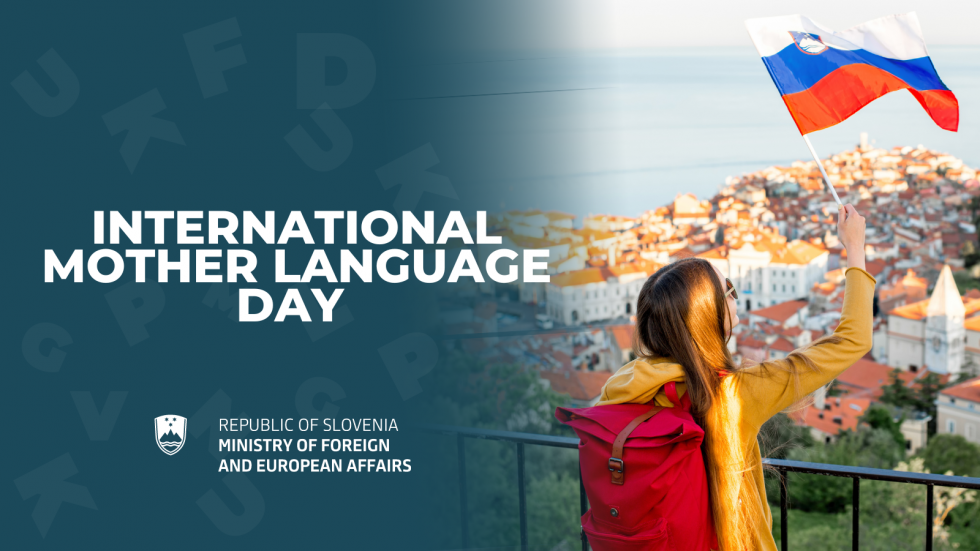Address by Minister Tanja Fajon on International Mother Language Day, 21 February
Our forefathers entertained the dream of Slovene becoming equal to the languages of larger nations, and we are now living this dream. Today, Slovene is not only an official language of the Republic of Slovenia, but also one of the 24 official languages of the European Union and the officially recognised language of the Slovenian national communities in Italy, Austria and Hungary.
One of the institutions striving to promote the use and learning of Slovene is the Ministry of Foreign and European Affairs with its missions and representations around the world. I am happy to see a growing number of foreign students showing an interest in studying the Slovene language and literature. But as the home country, we need to do more to effectively support efforts to preserve the Slovene language knowledge and use among Slovenians living in our neighbouring countries and around the world.
The right to use one’s mother tongue is a basic human right. According to UNESCO, around 40% of the world's population does not have access to education in their own language. On today's International Mother Language Day, it is therefore all the more important to highlight our demands for the strict implementation of constitutional provisions and international legal commitments guaranteeing that Slovenian national communities abroad may fully use their mother tongue in their everyday lives.
Slovene is at the heart of our national identity. And it is our joint responsibility to cultivate and preserve our language with its proper and consistent use at home, in schools, offices and the media.
And at the same time, let us remain open to cultural and linguistic diversity, as it enriches us, both on a personal and social level, and teaches us to respect our fellow human beings. Multilingualism opens the door to friendship and business ties and is at the heart of Europe's motto "United in diversity".
And most of all, what I would really like to see is for the language of love, peace and respect to prevail in all corners of the world.


